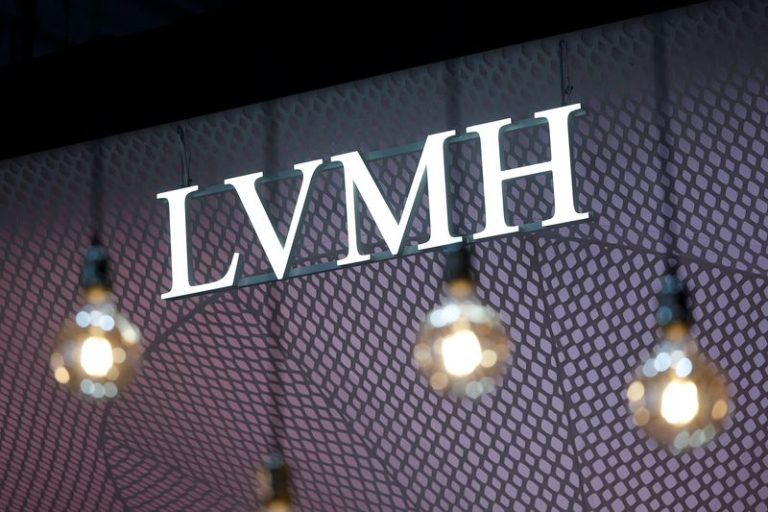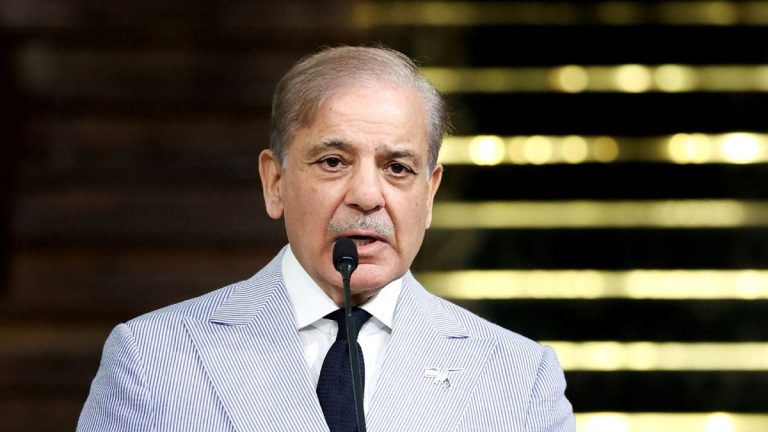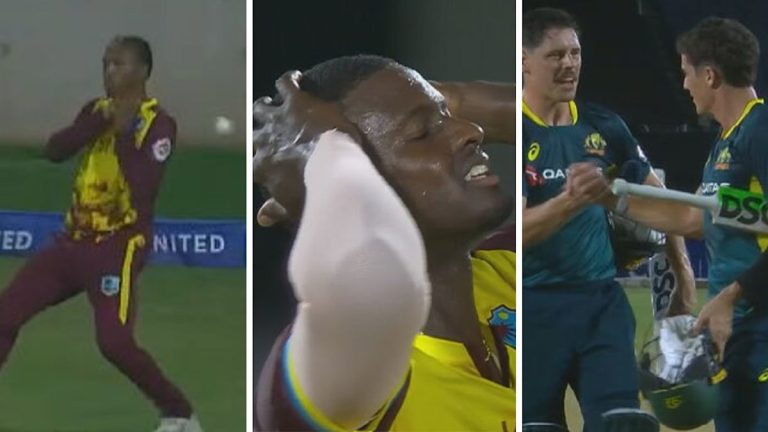A group of academics are urging the court to dismiss Drake’s defamation case against Universal Music Group over Kendrick Lamar’s Not Like Us, arguing that taking rap lyrics as factual threatens freedom of speech and risks a miscarriage of justice.
In a proposed amicus brief sent on Wednesday (May 14) to federal court judge Jeannette A. Vargas, the four scholars, all linked to the University of California–Irvine, warned of “the harms that arise when courts treat rap lyrics confessions or factual representations.”
Drake filed a defamation lawsuit against Universal Music Group earlier this year over Kendrick Lamar’s diss track Not Like Us, arguing that UMG “decided to publish, promote, exploit and monetize allegations that it understood were not only false, but dangerous.”
Lamar’s music is distributed by UMG’s Interscope label, while Drake is signed to UMG’s Republic Records.
Drake later filed an amended complaint, adding allegations linked to Lamar’s performance of Not Like Us at this year’s Super Bowl. UMG responded with a motion to dismiss the case, which is being heard at the US District for the Southern District of New York, arguing that Lamar’s lyrics are “nonactionable opinion and rhetorical hyperbole.”
The UC–Irvine scholars largely agreed with that assessment.
“Drake’s defamation claim rests on the assumption that every word of Not Like Us should be taken literally, as a factual representation,” they wrote in their proposed brief, which can be read in full here.
“This assumption is not just faulty—it is dangerous. When rap lyrics are admitted [as evidence in a case], it is because they are treated as literal. This in turn opens the door to racial bias and stereotypes into the courtroom, as empirical studies have demonstrated. Treating rap lyrics as literal also threatens First Amendment speech protections, and the practice already has created a demonstrable chilling effect across the industry.”
They argue that diss tracks “are understood by audiences not to represent factual assertions about the opposing artist, but rather to demonstrate skill and dominance meant to build allegiance and win competitions through clever wordplay, hyperbole, bluster, and demonstrations of disrespect.”
“Drake’s defamation claim rests on the assumption that every word of Not Like Us should be taken literally, as a factual representation. This assumption is not just faulty—it is dangerous.”
Proposed amicus brief from UC-Irvine scholars in Drake v. UMG
The proposed brief points to many instances where rappers built fictional personae around themselves for the sake of commercial success, noting, for example, that Jay-Z came to prominence through rap battles in the 1990s with Tupac, Nas, and Mobb Deep.
They note that rapper Curtis Jackson, aka 50 Cent, said of his track High All The Time: “I don’t drink and I don’t use drugs, and I didn’t back then either. I put that joint on the first record because I saw artists consistently selling 500,000 with that content.”
“Fabricating criminal activities to maintain a tough image [are] a common practice in the rap industry,” the scholars noted.
“Many of the conflicts or ‘beefs’ between rival rappers are created as publicity stunts to raise flagging careers and sales, or create interest in new releases.”
They also argued that treating rap lyrics as factual “threatens to undermine important civil and constitutional rights” and “makes it more likely that rap lyrics will be exploited to introduce prejudice and racial bias in other cases.”
The academics who signed on to the brief include Charis Kubrin, a professor of law and criminology; Jack Lerner, a clinical professor of law specializing in intellectual property, media law, and freedom of expression; Adam Dunbar, an assistant professor in the criminal justice department of the University of Nevada–Reno; and Kyle Winnen, a doctoral student at UC–Irvine’s law and criminology school.
In a memorandum in support of its motion to dismiss the case, UMG asserted that Drake’s lawsuit is an “attempt to save face for his unsuccessful rap battle with Lamar.”
Despite the legal dispute, UMG said in a statement to MBW that it “remain[s] committed to propelling Drake’s career while maintaining our unwavering support of all our artists’ creative expression. Drake’s included.”Music Business Worldwide






